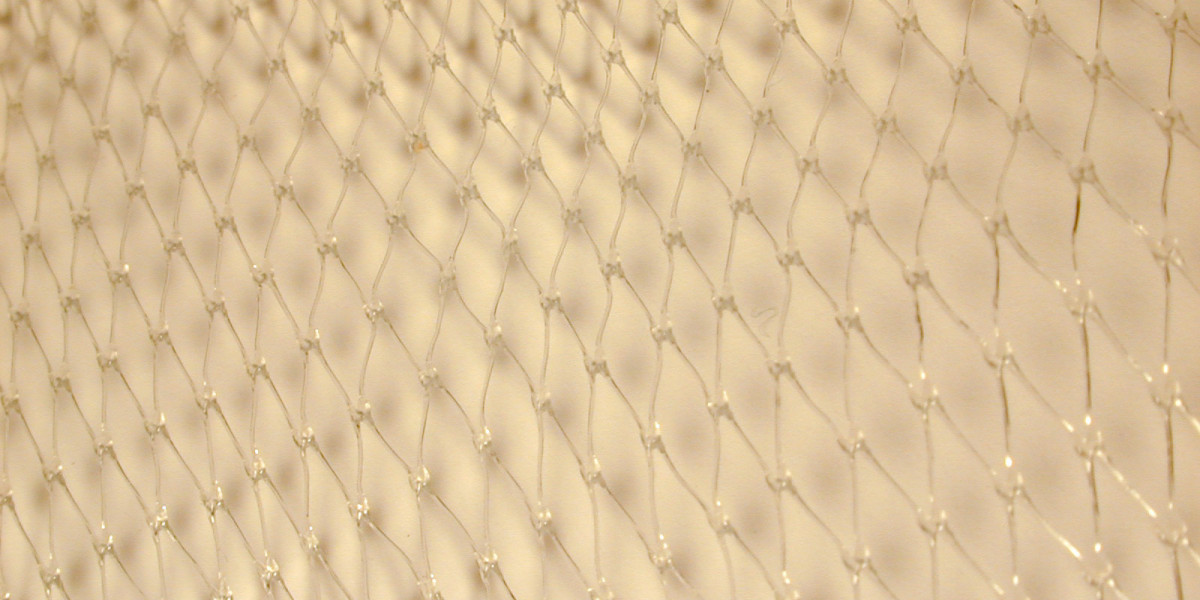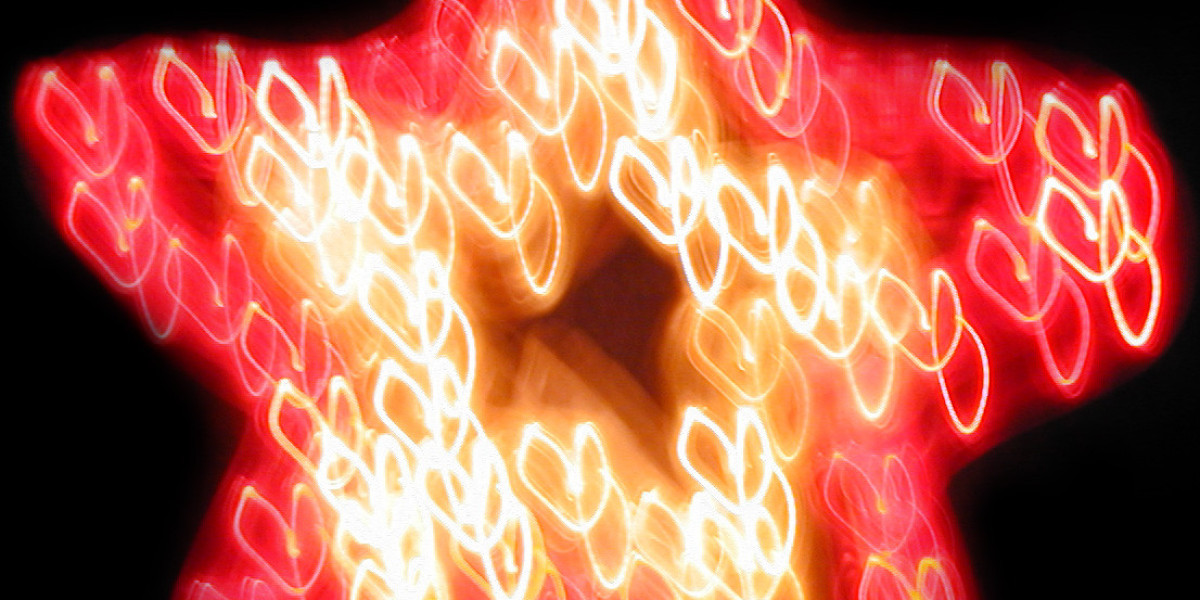Beyond its anti-inflammatory role, KPV also exhibits pro-healing effects that are crucial for cancer patients undergoing aggressive treatments like chemotherapy or radiotherapy. The peptide promotes the migration and proliferation of keratinocytes and fibroblasts, maps.google.gg accelerating wound closure and reducing infection risk. In animal models of skin cancer, topical application of KPV accelerated ulcer healing without compromising antitumor efficacy, suggesting a dual benefit of mitigating side effects while preserving therapeutic potency.
The mechanism by which KPV exerts its anti-cancer effects involves multiple pathways. It has been shown to upregulate the expression of antioxidant enzymes such as superoxide dismutase and glutathione peroxidase, thereby protecting normal cells from oxidative stress induced by cytotoxic agents. Simultaneously, KPV can sensitize tumor cells to apoptosis through modulation of Bcl-2 family proteins, enhancing the effectiveness of standard chemotherapeutics. Moreover, emerging evidence indicates that KPV may interfere with angiogenesis; studies in mouse models have reported decreased vascular endothelial growth factor (VEGF) expression and reduced microvessel density within tumors after KPV treatment.
Clinical translation of these findings is underway. A phase I trial involving patients with metastatic colorectal cancer evaluated the safety profile of intravenous KPV combined with bevacizumab, an anti-VEGF antibody. The study reported no dose-limiting toxicities and observed a modest increase in progression-free survival compared to historical controls. While larger randomized studies are required to confirm efficacy, these early results underscore KPV’s potential as an adjunct therapy that can mitigate inflammation, enhance healing, and possibly improve outcomes for patients with advanced cancers.
For those interested in delving deeper into the science behind KPV peptide cancer therapy, there is a wealth of information available on dedicated research blogs and journals. To read about this blog topic, scroll down to the section titled "In-Depth Analysis" where expert reviews dissect recent clinical trials, molecular studies, and real-world case reports. The blog provides an accessible yet comprehensive overview that bridges basic science with translational applications.
Another dimension of cancer management involves lifestyle factors that can influence treatment response and overall health. Creatine supplementation, combined with regular exercise, has garnered attention for its potential to mitigate muscle wasting—a common complication in oncology patients known as cachexia. Studies suggest that creatine can improve muscular strength and endurance even in those undergoing chemotherapy, thereby enhancing quality of life and possibly improving tolerance to aggressive treatments.
Exercise also plays a critical role in modulating the immune system and reducing systemic inflammation. Regular moderate activity has been linked to lower levels of circulating inflammatory markers such as C-reactive protein and interleukin-6, both of which are associated with tumor progression and poor prognosis. By incorporating resistance training and aerobic sessions, patients can maintain muscle mass, support metabolic health, and potentially reduce the risk of recurrence.
The intersection of creatine, exercise, and menopause is particularly relevant for female cancer survivors who often experience hormonal changes that accelerate bone loss and sarcopenia. Post-menopausal women benefit from combined resistance training and creatine intake to preserve lean body mass and enhance bone mineral density. Research indicates that this regimen can also improve cardiovascular fitness, which is essential for sustaining long-term survivorship.
In summary, KPV peptide therapy offers a multifaceted approach to cancer treatment by targeting inflammation, promoting tissue repair, and potentially enhancing the effectiveness of conventional therapies. Complementary strategies such as creatine supplementation and structured exercise programs further support patient resilience, especially during the challenges posed by menopause. By integrating these modalities, clinicians can move toward a more holistic model of care that addresses both tumor biology and the overall well-being of patients.








